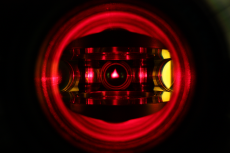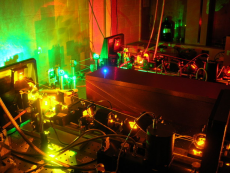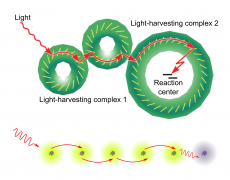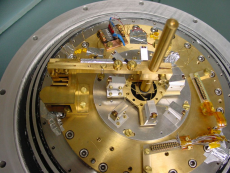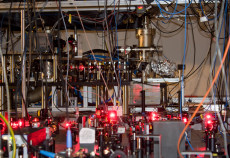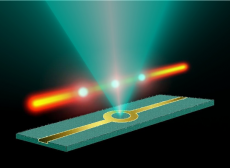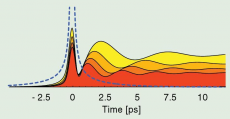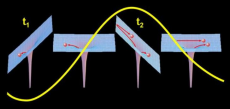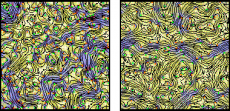The Heidelberg Center for Quantum Dynamics
The Heidelberg Center for Quantum Dynamics (CQD) is devoted to fundamental questions concerning the dynamics of quantum systems at the borderline between few-body and many-body physics.
The Center provides an umbrella organization across the Departments of the University and the Max-Planck Institutes in Heidelberg.
The Heidelberg Center for Quantum Dynamics is open for all scientists with ideas and enthusiasm and encourages collaborative research among its members. It offers incentive funding for scientific high-risk, high-gain projects in order to facilitate the acquisition of third-party funding.
To reach its goals it supports young scientists at the early stage of their career and strengthens the scientific infrastructure by providing subsidiary funds. CQD invites international guests for scientific exchange and sponsors scientific workshops and conferences.
The bi-weekly Colloquium on Atomic, Molecular and Quantum Physics is co-organized by CQD.
The Center furthermore cooperates with the Heidelberg Graduate School on Fundamental Physics and the Max-Planck International Research School on Quantum Dynamics in Physics, Chemistry and Biology.
The Center is coordinated by an Executive Board consisting of representatives of the participating departments and institutes.

